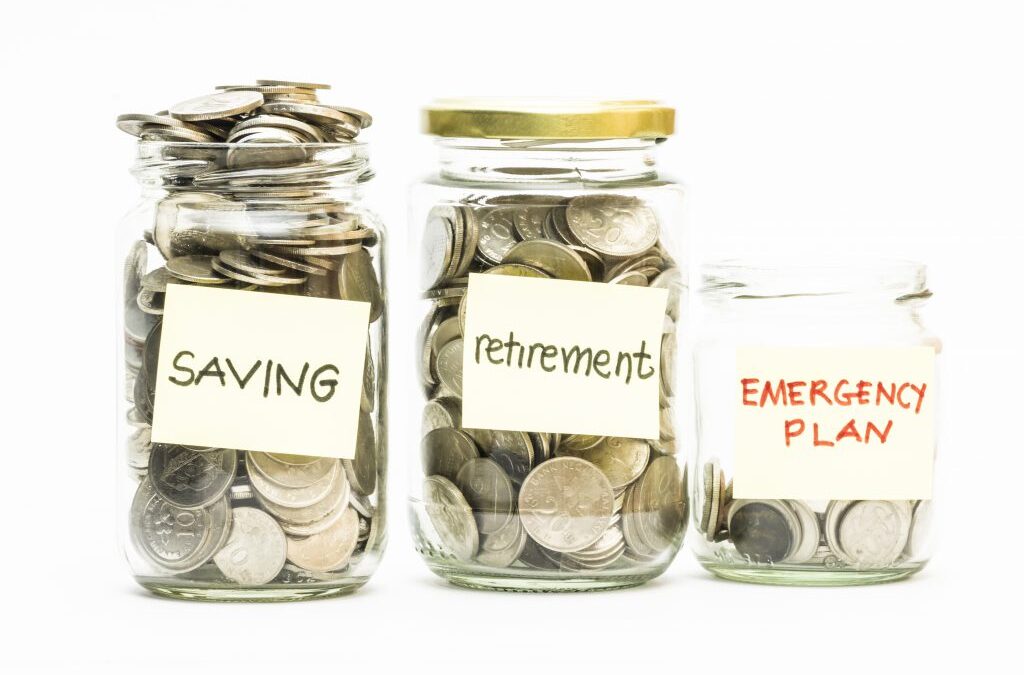In today’s fast-paced world, emergency funds are more important than ever. Unexpected expenses—whether due to medical emergencies, job loss, or urgent home repairs—can quickly derail even the most carefully planned budgets.
Having a dedicated savings account for unforeseen circumstances provides a crucial financial safety net and ensures you’re prepared for life’s uncertainties.
What Is an Emergency Fund?
An emergency fund is a reserve of money set aside to cover unexpected expenses. Unlike general savings or investments, this fund should be easily accessible and kept in a secure, liquid account such as a high-yield savings account or money market account. The goal is to have cash readily available without penalties or delays when an urgent need arises.
Why Is an Emergency Fund Important?
Protection Against Job Loss
Losing a job can be a stressful and financially devastating experience. With an emergency fund, you can cover essential expenses like rent, mortgage payments, utilities, and groceries while you search for a new position. Experts recommend saving at least three to six months’ worth of living expenses to provide a strong financial cushion.
Coverage for Unexpected Expenses
Life is unpredictable. Medical emergencies, major car repairs, or sudden home maintenance issues can arise when you least expect them. Without an emergency fund, you might have to rely on high-interest credit cards or personal loans, which can lead to debt accumulation and long-term financial strain.
Help Avoid Debt and High-Interest Loans
Many people turn to credit cards or loans when faced with financial emergencies. However, these borrowing options come with steep interest rates that can quickly compound and create a cycle of debt. Having an emergency fund allows you to handle these situations without borrowing money or paying excessive interest.
Peace of Mind
Financial stress can take a toll on your mental and emotional well-being. Knowing you have a financial buffer in place allows you to focus on long-term financial goals rather than constantly worrying about potential emergencies.
How to Build an Emergency Fund
- Set a Realistic Goal: Start by determining how much you need. While three to six months’ worth of expenses is ideal, even saving $500 to $1,000 can make a significant difference in an emergency.
- Automate Your Savings: Set up an automatic transfer from your paycheck or checking account into a designated emergency fund. Treating savings like a non-negotiable expense ensures consistency.
- Reduce Unnecessary Spending: Identify areas where you can cut back, such as dining out, subscription services, or impulse purchases. Redirect those funds into your emergency savings.
- Use Windfalls Wisely: Allocate tax refunds, work bonuses, or other unexpected income toward your emergency fund to accelerate your savings.
No matter where you are on your financial journey, prioritizing an emergency fund can help safeguard your future and keep you on track toward achieving your long-term financial goals.
Questions?
If you have any questions about building an emergency fund, or need help getting started, please reach out to me at 301-990-9170 or email geoff@montgomeryfinancialpartners.com.


Recent Comments